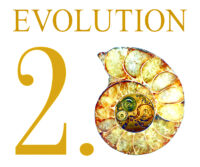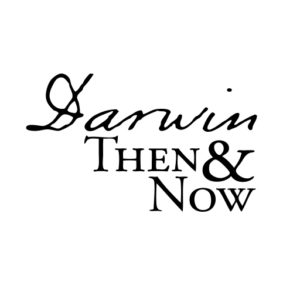
Theory and Consensus articles focus on the theoretical consensus developments across science disciplines, as reported in the literature. While the theory of evolution is generalized thinking about the phenomenon, a consensus is a professionally defined explanation.
For the articles in this category, the writing style is scientific journalism, featuring linked references with linked quotes from investigators and experts in the field.
Goals of a Consensus
A scientific consensus represents an agreement developed by field specialists, even though the agreement may not be unanimous. As a result of new theoretical developments or further research, the consensus will eventually change – as the theory of evolution exemplifies.
While a consensus is not synonymous with “certain truth,” a consensus gives insight into the general opinions. A consensus provides a measure of confidence in an idea or theory. From healthcare to the environment, a consensus on antibiotics, vaccinations, and fluorinated water to climate change and evolution give public health officials guidance for the twenty-first century.
Consensus Publishing Organizations
While healthcare organizations use consensus guidelines to benchmark the quality of care, more than eighteen scientific societies, from the American Association for the Advancement of Science (AAAS) to the American Medical Association (AMA), have developed a consensus on climate change.
Even since Charles Darwin published The Origin of Species in 1859, technological advances have dramatically changed his theory. Professional scientific organizations advocating the theory of evolution are obligated to reach a consensus on biological evolution.
Consensus Importance for Evolution
With advances in biomolecular technologies in the late-twentieth-century consensus, however, competing ideas of evolution have emerged. Mutation and chromosomal changes, once envisioned as driving evolution, are now known to drive biological dysfunction and extinction, not evolution.
Since the genomic revolution, a consensus on a comprehensive theory of evolution has remained a minefield of competing ideas, leaving the theory without any scientific consensus from any professional organization advocating evolution.
Theory and Consensus is a subcategory of Understanding Evolution, as outlined –
-
- Theory of Evolution Timeline
- Natural Selection, augmented with the following subcategories articles –
More
Theory and Consensus articles examining the intersection of evolution and science include the following –
-
- Species. Naming, Grouping, and Defining
- Mendel Rescued Darwin – To a Point
- Inheritance By Darwin
- Variations Drive Evolution
- Logic and Science
- Consensus on Evolution
- Evolution Vestiges Fact, or Fiction?
- Darwin’s Tree Got Tangled. What Happened?
- The Royal Society
- Evolution’s Science Status
- Charles Darwin Legitimized Racism
- New Evolution Dilemma
- Evolution 101 Common Ancestor
- Natural Selection War, Then and Now
- Extinction, Evidence Overlooked
- Tenet of Darwin’s Theory
- International Origin of Life Conference
- Origin of Life Initiatives
- Race for the Origin of Life Theory
- Simple Scientific Theory?
- Natural Selection Consensus Development
- New Evolution Dilemma
- Darwin Then and Now is an educational resource on the intersection of evolution and science, highlighting the ongoing challenges to the theory of evolution.
Move On
Explore how to understand twenty-first-century concepts of evolution further using the following links –
- The Understanding Evolution category showcases how varying historical study approaches to evolution have led to varying conclusions. Subcategories include –
- Studying Evolution explains how key evolution terms and concepts have changed since the 1958 publication of The Origin of Species.
- What is Science explains Charles Darwin’s approach to science and how modern science approaches can be applied for different investigative purposes.
- Evolution and Science feature study articles on how scientific evidence influences the current understanding of evolution.
- Theory and Consensus feature articles on the historical timelines of the theory and Natural Selection.
- The Biography of Charles Darwin category showcases relevant aspects of his life.
- The Glossary defines terms used in studying the theory of biological evolution.


